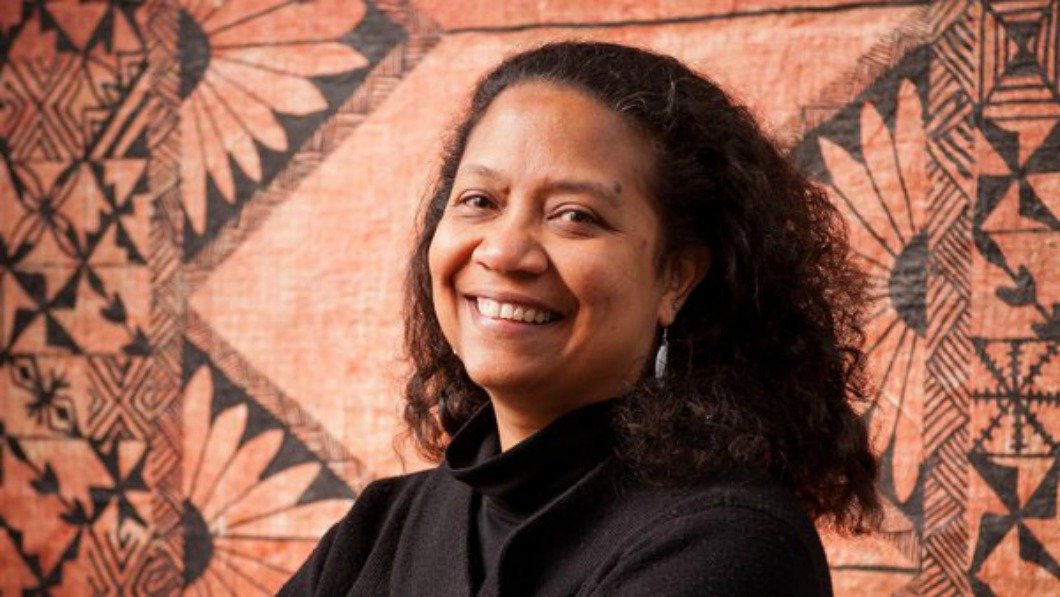
Research
Indigenous Social Movements
Indigenous scholars have long documented the astonishing scope of Indigenous social movements. However, sociologists and political scientists––who offer useful conceptual tools to understand opportunities and constraints of social movements––largely overlook these social movements, and too often analyze Indigenous mobilizations from the perspective of ethnic and racial politics. Drawing on multiple years of participant-observation and hundreds of interviews with Pacific Islander leaders and elders the continental US, this book-length project presents an analysis of the distinctive dimensions of Indigenous social movements. Through this work, I hope to help develop culturally competent funding and organizing infrastructures that honor Indigenous mobilizations for justice.
The Politics of Decolonization in Oceania
Indigenous sovereignty movements are alive and well today. In the geographical context of Oceania, the politics of decolonization are complicated by the region’s heterogeneous landscape of political statuses; and the global, diasporic character of its Indigenous peoples. I deploy participatory methods and large-N surveys to study the contemporary politics of decolonization across Oceania, and work with local media and community-based organizations to translate research findings into actionable tools in planning for Indigenous futures. Most recently, I co-led the 2021 Guåhan Survey, the largest survey of Chamoru political attitudes towards decolonization in my homeland of Guåhan. Through this work, I hope to help realize a world where Indigenous peoples once again have control over our own lands and oceans.
Indigenous Political Thought of Oceania
Development planners in Oceania are at their wits’ end: at the scale of island jurisdictions, development efforts are severely constrained by state and market capacity issues; and at the scale of the Oceania region, coordination and communication is impeded by the persistence of unequal power relations among island jurisdictions. Yet, even a cursory engagement with Indigenous Oceanic thinkers would offer an alternative perspective. In collaboration with Josh Campbell, I deploy historical and discursive methods to study the Indigenous political thought of Oceania and to rethink fundamental assumptions in development studies. Through this work, I hope to celebrate the under-appreciated insights of Indigenous thinkers, while constructing actionable pathways forward in Indigenous development planning.


